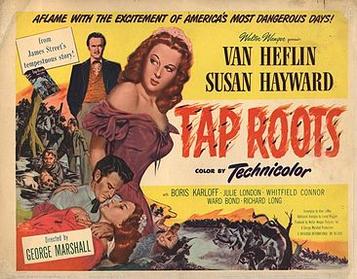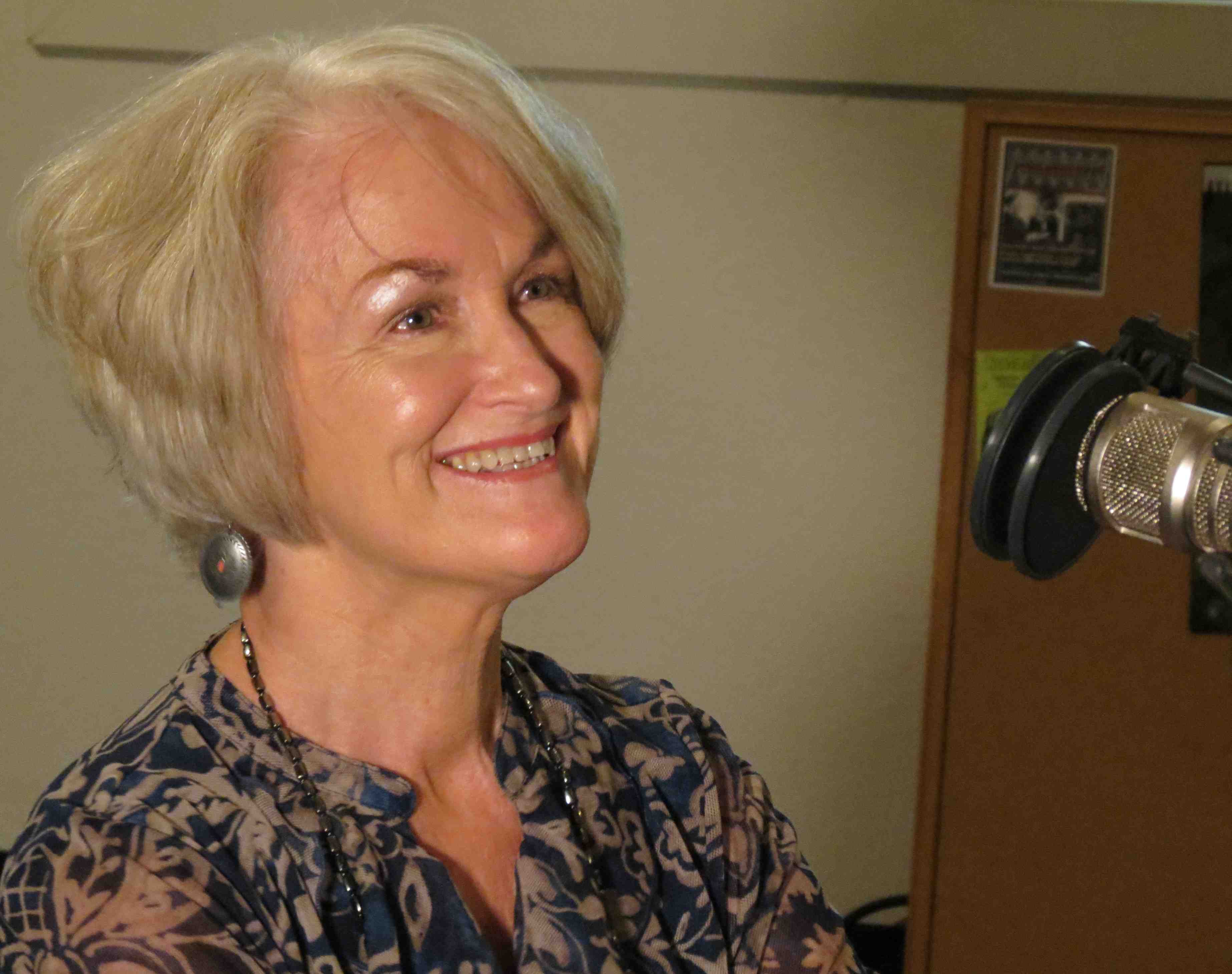“The Free State of Jones” on Film: A Q&A with Victoria BynumPosted in Articles, History, Interviews, Media Archive, Mississippi, United States on 2016-03-02 23:18Z by Steven |
“The Free State of Jones” on Film: A Q&A with Victoria Bynum
The Society of Civil War Historians
2016-03-01
This May, STX Entertainment will release the film Free State of Jones, which tells the story of the Knight Company and the Jones County rebellion, a Civil War history first told by Victoria Bynum in her 2001 book The Free State of Jones. A few weeks ago, Bynum and I discussed her experiences working as a consultant on the film, and seeing her book come alive on the screen.
MKN: Did you know at the time you were writing “The Free State of Jones” that it had cinematic potential? And what is it about this story that makes it compelling for filmmakers?
VB: As I researched and wrote The Free State of Jones, I grew increasingly aware of its historical importance as an insurrection that combined elements of class, race, gender, and kinship that, for this story, had long been underestimated, misunderstood, distorted, or simply ignored.
Although I did not write the book with a movie in mind, the story’s vivid real-life characters, its oral and written first-hand accounts of fierce confrontations between Confederates and deserters, the interracial romance between the band’s leader, Newt Knight, and his slave accomplice, Rachel Knight, and the Unionist core of the band itself, convinced me of the story’s cinematic potential.
On the standard author’s questionnaire that I completed for the University of North Carolina Press, I advised the press to consider presenting the book “to television and film companies as a potential docudrama or miniseries.” At that point, however, I did not anticipate Hollywood’s interest in the story…
Read the entire interview here.



